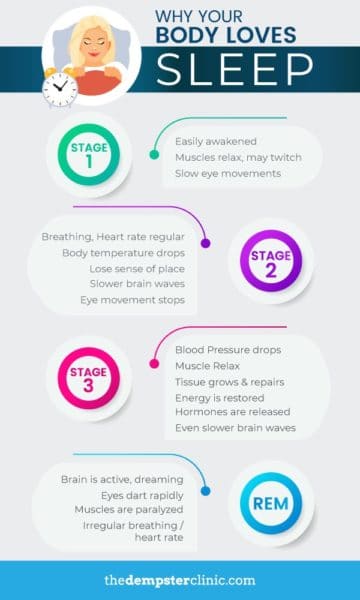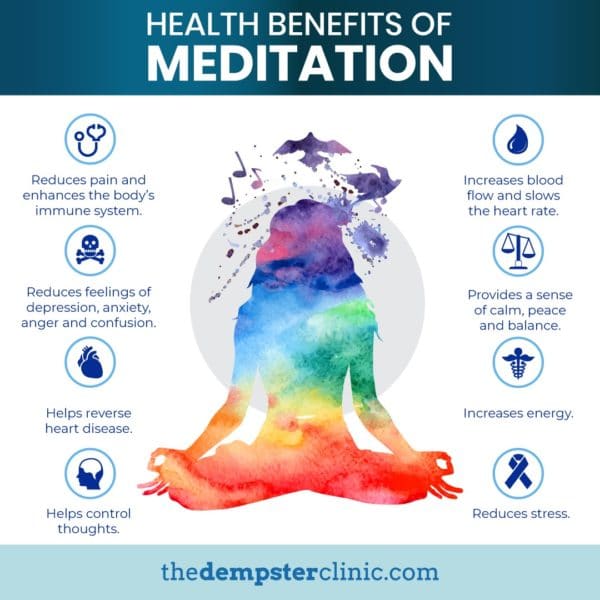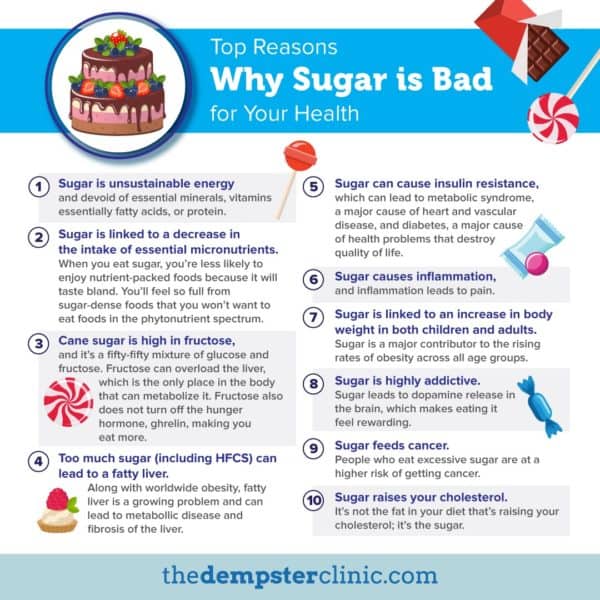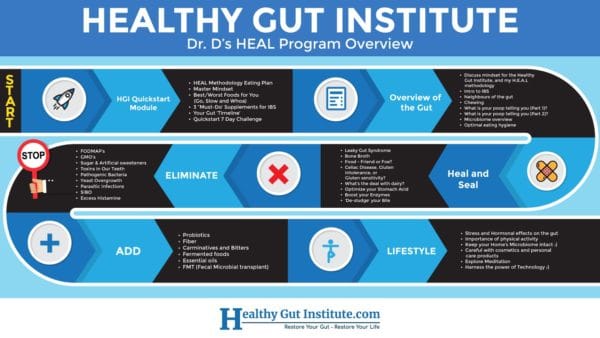Anxiety is a normal reaction to uncertainty and things that may harm us. Right now for many of us, the coronavirus and the COVID-19 illness make for a very uncertain future. People worry about their own health and the health of their loved ones, here and abroad. People may also have a lot of concerns around school or work, their finances, their ability to take part in important community and social events and hobbies, and other important parts of their lives. People who already experience a lot of anxiety may find their anxiety worsening.
It’s important to be kind to yourself. This is an anxious and stressful time for everyone, and it’s okay if you feel more anxious than usual, and it’s okay to take time for yourself to manage your mental health. You are doing the best you can in a time when simply turning on the news can feel overwhelming.
While anxiety is a normal and expected reaction to the pandemic, too much anxiety can start to cause harm. Feeling stressed and fearful every day takes a toll on health and well-being very quickly.There are multiple factors that impact our health on a daily basis, and this couldn’t be any truer today. Modern advances in psychiatric medicine have found causation to be more and more integrated to lifestyle and environmental factors, often finding the fundamental cause to be multifactorial. Merely prescribing pharmaceuticals as monotherapy during any type of crisis needs to be re-evaluated.
Recent advances in clinical research in the field of mental health are drawing strong connections to family, community, diet & nutrition, environmental toxicity, faith, stress management, etc. as fundamental factors for optimizing our mental health and well-being. Below are my top strategies how to improve your mental health during a crisis:
1. PHYSICAL ACTIVITY
For many of you following my articles for some time, this critical factor is often on repeat. It has to be folks, if we don’t move it – we lose it. It’s that simple. This goes for maintaining and improving mental health as much (if not more) as keeping us in proper physical shape. We need to be active DAILY. No, this does not mean you have to hit the gym everyday, but it does mean participating in some intentional physical activity. Regular physical activity helps keep inflammation down, reduce stress, improve blood flow and circulation to our brain, balance blood sugar levels, aid in detoxification processes – all of which are critical factors for optimal mental health.
2. ADEQUATE SLEEP
An area that is often overlooked and taken for granted, sleep is how we rest, repair, and re-group. Our entire body is ostensibly under attack everyday – and like after any battle or competitive event, proper rest is required. Without the adequate quality of sleep studies show that our risk of chronic illness increases exponentially. Further, science is also quite clear on those who have accumulated a sleep deficit are more prone to mental health issues such as anxiety, depression, etc. Like most things in life, too much sleep can be detrimental. So what is the magic number of sleep per night? Studies consistently show that 7 hours of restful sleep per night is the optimal number required for optimal health.

3. STRESS MANAGEMENT
There’s little argument that we are amidst a global crisis and living through one of the most significant moments in recent human history. As we have evolved, our stress response saved our lives by enabling us to run from predators or to hunt down prey. But today, we are turning on the same “life-saving” reaction to cope with everyday stressors such as global pandemics, rising gas prices, public speaking, bad bosses, traffic jams, etc. – and we have a hard time turning it off. Meditation or yoga can help immensely, even deep breathing exercises (which you can take with you everywhere). Sometimes all you need to do is get outside for a walk. But in addition to that, I also recommend using a solid support community composed of friends and family. All of the above can help provide you with the foundation to begin working through your current stressors. Meditation may seem intimidating at first, but going through a simple guided meditation video (just search on YouTube!) can be an easy starting point.

4. DITCH SUGAR
Let’s face it, during times of uncertainty it is easy to resort to comfort foods – even though we often know better. Food is medicine. However, certain foods can also be poison. One of the key predictors of all chronic diseases (including mental health) is chronic inflammation. Sugar consumption is a primary driver of chronic inflammation in your body, so consuming excessive amounts of sugar can truly set off an avalanche of negative health events – both mental and physical. Avoiding refined sugars effectively requires more than merely not eating dessert or adding sugar to your coffee – be sure to look at labels of any packaged food and/or meals. Eating the whole fruit is ok!

5. GUT-BRAIN CONNECTION
Dr. Natasha Campbell-McBride, an MD with a postgraduate degree in neurology, states that toxicity in our gut can flow throughout our body and into our brain, where it can cause symptoms of anxiety, ADHD, depression and a whole host of other mental disorders. This being said, nourishing your gut flora (gut bacteria) is critical to help reduce gut toxicity, improving the absorption of nutrients, ultimately helpful in re-establishing optimal mental health. The impact of our microflora on brain function was recently reconfirmed by UCLA researchers, finding that beneficial bacteria altered brain function in the participants. This is why I created The Healthy Gut Institute, an online program to help you improve your digestive health to help improve your mental health, digestive health, and entire well-being.




